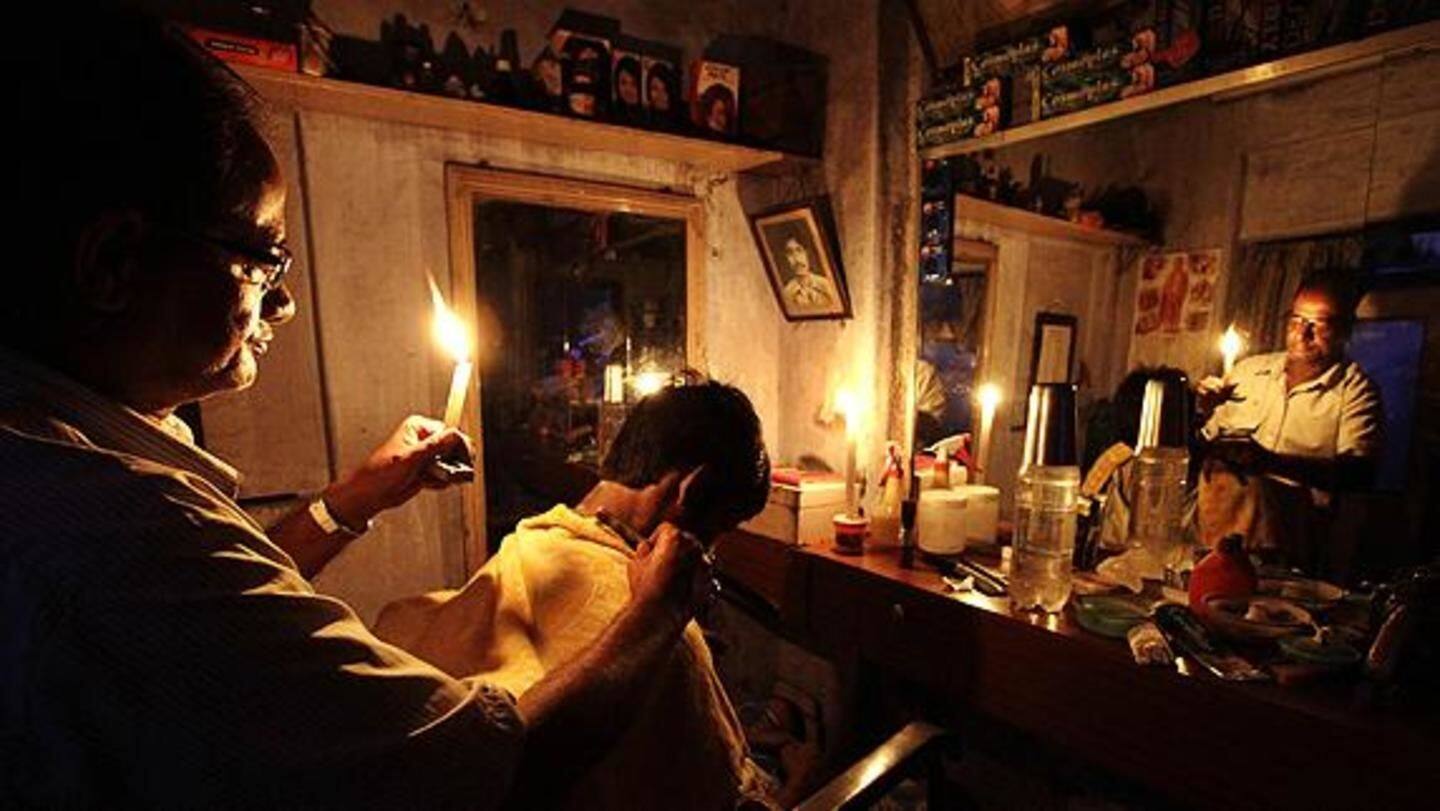
Delhiites to be compensated @Rs. 50/hr for unscheduled power cuts
What's the story
In a bid to make power discoms accountable, the Delhi government approved a pro-consumer policy yesterday, whereby consumers would be compensated for unscheduled electricity cuts lasting more than an hour. After getting CM Arvind Kejriwal's stamp, the file of India's first such policy is now awaiting L-G Anil Baijal's nod. The compensation will be adjusted against the monthly electricity bills of the consumers.
How it will flow
Discoms to be pardoned for 1st-hour of first power outage
According to the penalty slab set in the policy, the three power discoms - BSES Yamuna Power Limited, BSES Rajdhani Power Limited and Tata Power Delhi Distribution Limited - will have to pay Rs. 50/hour if the power cut lasts for two hours, and from then on, Rs. 100/hour. The discoms will be pardoned for the first hour of the first power outage.
Details
In case of recurrent power cuts, no 1st-hour laxity allowed
However, if there are recurrent power cuts on a single day, the discoms will not be excused for every 1st hour. Affected consumers will have to apprise the discoms by registering 'no current' complaint through calls/SMS or online. The discoms' accountability starts from here: they have to notify the consumer the restoration time and start working on the complaint, failing which, they will be penalized.
Apester Post
Meanwhile, find out how well you know your city, Delhi
Not the first
In 2016, AAP proposed similar policy but Jung cancelled it
This is not the first time AAP government proposed such type of a policy. Its 2016 policy was rejected by the then L-G Najeeb Jung, after which a furious Kejriwal accused PM Narendra Modi to be 'hand-in-glove with power companies.' However, this time AAP expressed 'confidence' that L-G 'will endorse this pro-consumer step, which will become a model for other governments to follow.'
Information
Policy shouldn't be applied without considering reasons for outages: Experts
Domain experts said 'practical difficulties' like determining 'the reason for the outages (distribution, transmission or generation failure or consumer's installation failure)' may hinder the proper implementation of the policy. Meanwhile, industry sources said, "an automatic imposition of compensation by way of regulation is not possible."